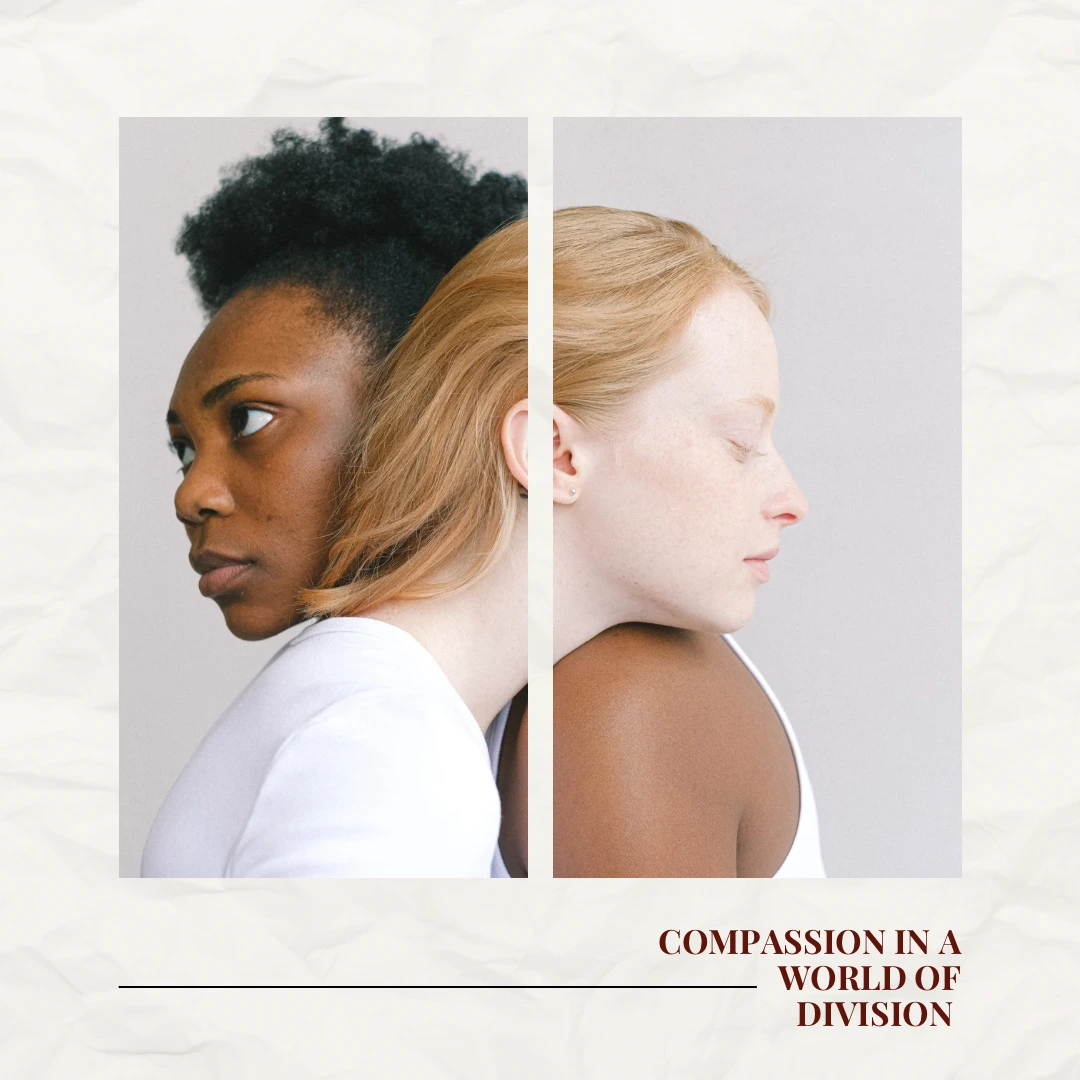How to cope when grief, fear and division collide at home
It often starts subtly. A comment at dinner, a meme shared on Facebook, or an offhand remark that makes your stomach tighten. Perhaps it’s a conspiracy theory about the government, a sweeping comment about “foreigners,” or a jab at mainstream media. At first, you brush it off. Maybe it’s just a phase. But over time, you realise something is shifting and not in a good way.
Across the UK, more people are finding themselves in this painful situation: watching a loved one drift into far-right thinking, radical views, or online echo chambers driven by fear, misinformation, and hate. And in times of national grief and anxiety, like the tragedy in Southport, where innocent children lost their lives, these patterns can worsen. The recent inquiry opens old wounds for many, and emotional pain can easily be channelled into blame and division.
As a counsellor, I see the private pain behind this public shift. It’s not just a political disagreement; it can feel like a bereavement. You’re losing someone who once shared your values, humour, and sense of right and wrong.
How Far-Right Thinking Creeps Into Families
The descent into extremist or far-right ideologies is rarely sudden. It can start with genuine concerns about safety, freedom, or fairness. But as people turn to alternative news sources or spend more time on platforms like Twitter (now rebranded as X), they may find themselves surrounded by content that stokes fear and offers simple, often hateful, explanations for complex problems.
These algorithms are powerful. They pull people in with mild scepticism and slowly feed them more radicalised views. Before long, someone you love may begin echoing rhetoric that feels unrecognisable. You might hear things like:
* “You can’t trust the mainstream media.”
* “Foreigners are the problem.”
* “It’s all a cover-up.”
It’s not just uncomfortable. It’s excruciating, especially when you’ve experienced harm that gets casually dismissed, as in the case of sexual violence or trauma, only to hear those very themes used in ways that feel ignorant or cruel.
The Emotional Fallout: Grief, Depression, and Isolation
The grief you feel in these moments is real. It’s a loss of shared values, emotional safety, and the version of someone you once felt close to. And when you add personal trauma or national tragedy into the mix, it can trigger feelings of helplessness, isolation, or even depression.
Suppose you’re already grieving, whether due to bereavement, past trauma, or the pain of being unheard, this kind of ideological shift in someone close can feel like another blow. The language of hate doesn’t just sting. It reopens old wounds.
You might find yourself asking:
* How did we get here?
* Why can’t they see how much this hurts?
* Is there any way back?
Navigating the Divide With Compassion (But Firm Boundaries)
So, how do you protect your well-being while holding space for someone who seems spiralling?
1. Lead with Curiosity, Not Combat
Try to understand what’s driving their beliefs. Often, it’s fear, loss of control, or unprocessed grief, not hatred for its own sake. You might say, “What makes you feel that way?” rather than jumping to correct them.
2. Set Clear, Loving Boundaries
It’s OK to say, “I’m not willing to talk about this, it’s hurtful and unhelpful.” Boundaries aren’t rejection. They’re a form of self-care.
3. Call Them Back to Connection
Remind them of your shared humanity. Stories, humour, and old memories can reawaken empathy. Hate grows in isolation. Human connection is the antidote.
4. Limit Exposure to Toxic Media
Encourage breaks from social media, especially platforms like GB News or X, where inflammatory content is common. Instead, suggest balanced sources, not to control but to protect.
5. Don’t Carry This Alone
Talk to someone, Samaritans 116 123, or a friend. These dynamics take a heavy emotional toll, and you deserve support, too.
What the Southport Tragedy Teaches Us
The devastating loss of children in Southport has shaken the UK to its core. As the inquiry unfolds, old grief may resurface, grief for children, for safety lost, for systems that failed. In these moments, people are vulnerable to being swept up by simplistic answers and reactionary rhetoric.
But what we need now is not division. We need compassion—compassion for the grieving, the frightened, the angry and even those caught in fear-based ideologies. Compassion doesn’t mean agreeing. It means recognising the pain beneath the posture. It means choosing not to mirror hate but to model something more human.
Final Thoughts: You’re Not Alone
If you’re struggling with a loved one’s political or ideological shift, know this: you are not alone. This happens in living rooms, WhatsApp groups, and workplaces all over the UK.
It’s OK to grieve, step back, or feel angry or heartbroken. And it’s OK to hold hope, however small, that change is still possible.
At My Online Counsellor, I support individuals and families navigating these complex, painful dynamics. Whether it’s grief, trauma, or family estrangement, you don’t have to face it in silence. Help is here. And healing is still possible.

